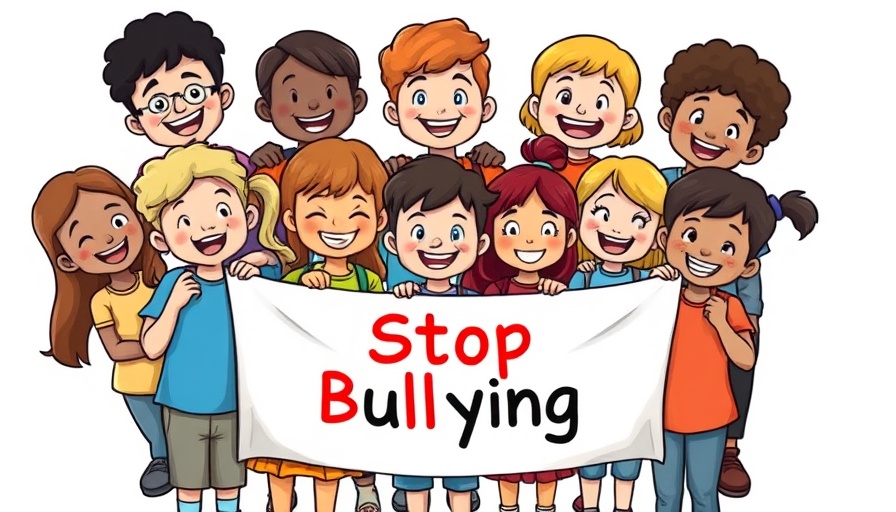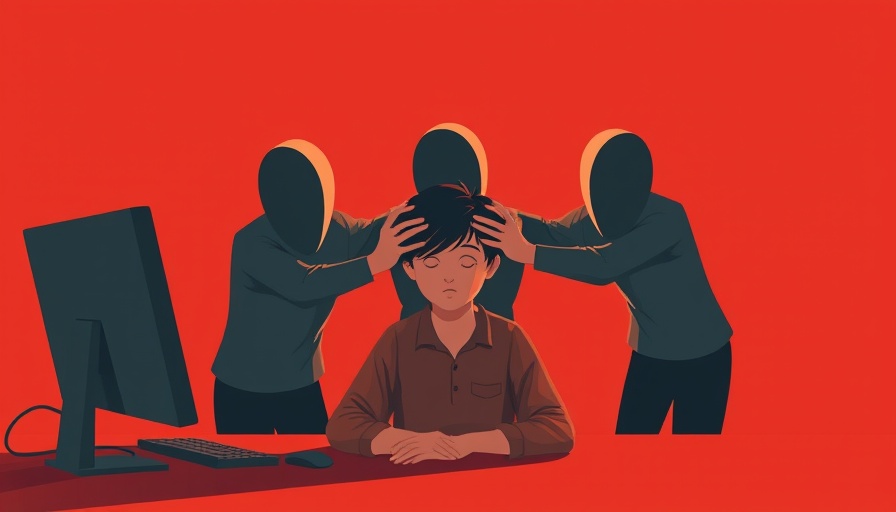
The Role of Empathy in Raising Kinder Kids
Bullying remains a critical concern for parents, educators, and the community at large. Not only does it impact the emotional well-being of children, but it can also leave long-lasting scars that affect their growth into adulthood. Addressing this issue requires a proactive approach, as local NGOs recommend that empathy starts at home. As parents, being the first line of defense means instilling values that prioritize kindness and understanding.
Creating a Safe Space for Open Communication
To foster a nurturing environment, your home must be a safe haven where your child feels free to express their thoughts and emotions. Make listening a priority; actively engage with your child by asking them about their day or feelings. This practice not only builds trust but also teaches them how to listen to others, a critical aspect of empathy.
Teaching Empathy: The Key to Preventing Bullying
Understanding the world from another person’s perspective is vital in preventing bullying behavior. Ask your child reflective questions, such as, “How would you feel if someone treated you that way?” or “What do you think is going through the mind of someone being bullied?” These scenarios can help them relate to others on a deeper level, encouraging them to stand against hurtful actions instead of being passive observers.
The Importance of Role Modeling Respect
Children learn a great deal about conflict resolution by observing their parents. Display calmness and respect when handling disagreements in front of them. By modeling this behavior, you teach your child the value of resolving conflicts without resorting to aggression or hostility. Remember, actions often speak louder than words.
Setting Boundaries: A Clear Stance Against Bullying
Explain to your children that actions, whether offline or online, have real-life implications. Establishing clear, concrete boundaries regarding what constitutes hurtful behavior can help shape their understanding of consequences. This clarity allows them to identify and react appropriately to acts of bullying they may witness.
Staying Involved: The Parent's Role in Child Safety
Monitoring your child's online presence is as important as being informed about their activities at school. Establishing open lines of communication with teachers and participating in school events can offer a better understanding of your child's social landscape and behavioral patterns. Proactive engagement helps parents gauge the environments their children navigate daily.
Encouraging Kindness: Reinforcing Positive Behavior
Praise small acts of kindness and compassion, whether they occur at home or in school settings. Recognizing these behaviors can encourage children to practice kindness consistently. Reinforcement motivates them to continue acting empathetically towards others, creating a ripple effect that promotes a culture of respect.
Conclusion: Empowering Children to Stand Up Against Bullying
Raising kinder children is not just a parental responsibility; it’s an investment in a future without bullying. By teaching empathy, setting boundaries, and modeling respectful behavior, we empower our children to not only protect themselves but also to stand up for others. As we strive to nurture these qualities, we contribute to fostering a generation that embodies compassion, understanding, and respect, ultimately diminishing bullying.
 Add Row
Add Row  Add
Add 




Write A Comment